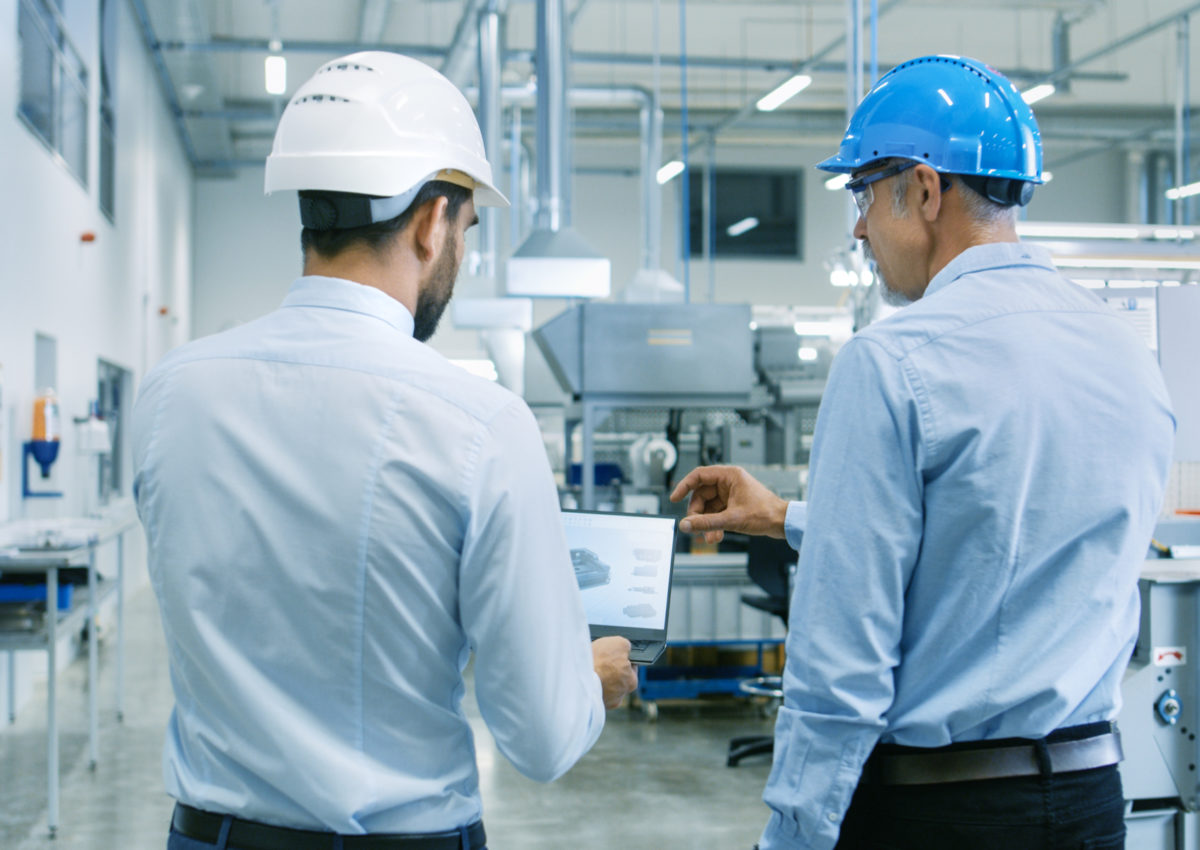
Improvement implies change. The current way we operate, that is our processes, management systems and people capabilities have to change in order to get better. Thus we need a behavioural change in the people who are central to our way of working to achieve sustainable results.
Now a typical change programme is not a matter of sending out the new organisation chart or a new budget or a new strategy with a few projects. It’s about changing people’s behaviour, often a lot of people , and this is not trivial.
Not only is implementing change not a simple thing to do, it’s also impossible to provide a standard recipe to achieve it. There are some salutary fundamentals though, firstly the real nature of leadership. Those who have achieved the best results in change management implementation programs did not impose their plans. In fact they did the very opposite. They only communicated the overall guidelines of a motivating mission, which enabled others to appropriate the project for themselves, to make proposals and to participate fully in it.
As seasoned consultants, we are trained and experienced to observe the interaction between processes, management systems and human resources. Its like hearing the dissonant in a grand orchestral play. One of my great inspirators once explained this can only be done by spending time with people at work, in the same conditions as them. A consultant arriving in suit and tie at 9:30 in the morning when the people operating the production line have been working since 6:00 a.m. has little chance of perceiving the local expertise, and even less of understanding the root causes of any dysfunction. Can you imagine that consultant to convince these operators to change the way they work?


